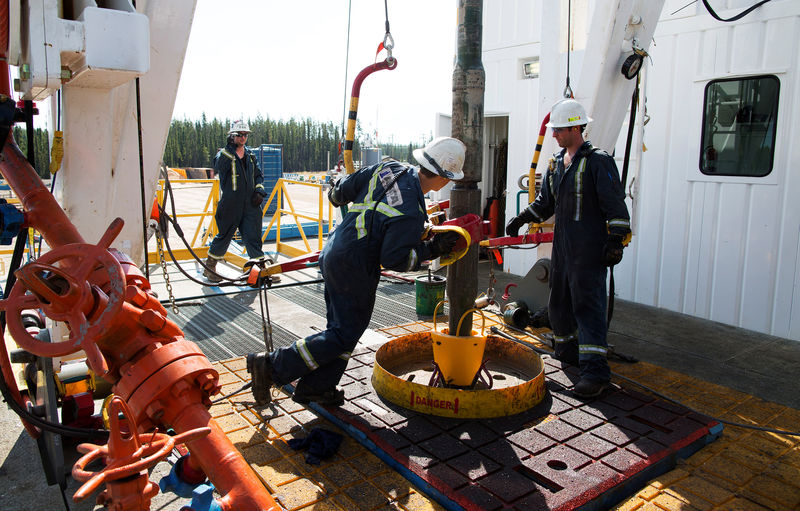Investing.com — Oil prices rose slightly on Wednesday, with heightened tensions in the Middle East providing support after US inventories rose more than expected.
At 08:45 ET (1245 GMT), futures were trading 0.2% higher at $80.90 per barrel and the contract rose 0.3% to $85.55 per barrel.
Tensions are rising in the Middle East
Both crude contracts rose about 1% on Tuesday after Israeli Foreign Minister Israel Katz warned of a possible “all-out war” with Lebanese Hezbollah just as the country’s conflict with Hamas in Gaza appeared to be settling.
The US, Israel’s main backer, is trying to avoid a wider conflict between Israel and the Iran-backed group, saying an escalating war risks disrupting supplies in this key oil-producing region.
In addition, reports suggested that a Ukrainian drone attack led to a fire at an oil terminal in a major Russian port, potentially affecting the supply of crude oil from this major supplier.
US crude oil inventories are rising
This increased tension has overshadowed figures indicating a rise in domestic crude inventories, just as many expected a pick-up in demand in the summer season would result in falling inventories.
U.S. oil prices fell by about 2.3 million barrels in the week ended June 14, compared with a decline of 2.4 million barrels the week before, according to data from the American Petroleum Institute.
“The surprise crude increase means the report was moderately bearish,” ING analysts said in a note.
UBS expects a recovery in crude oil
UBS expects Brent to recover to the mid-$80s, supported by the extension of OPEC+ cuts and the seasonal recovery in demand.
The Organization of the Petroleum Exporting Countries and Allies, a group known as OPEC+, announced plans earlier this month to gradually phase out voluntary cuts, possibly as early as October 2024.
Brent will head to $80/barrel next year, UBS added, as OPEC+ begins to gradually cut production from the second quarter.
“We expect a negative impact on oil demand from slower GDP growth and higher prices, but continue to expect demand to continue growing until the end of 2020,” UBS said.


